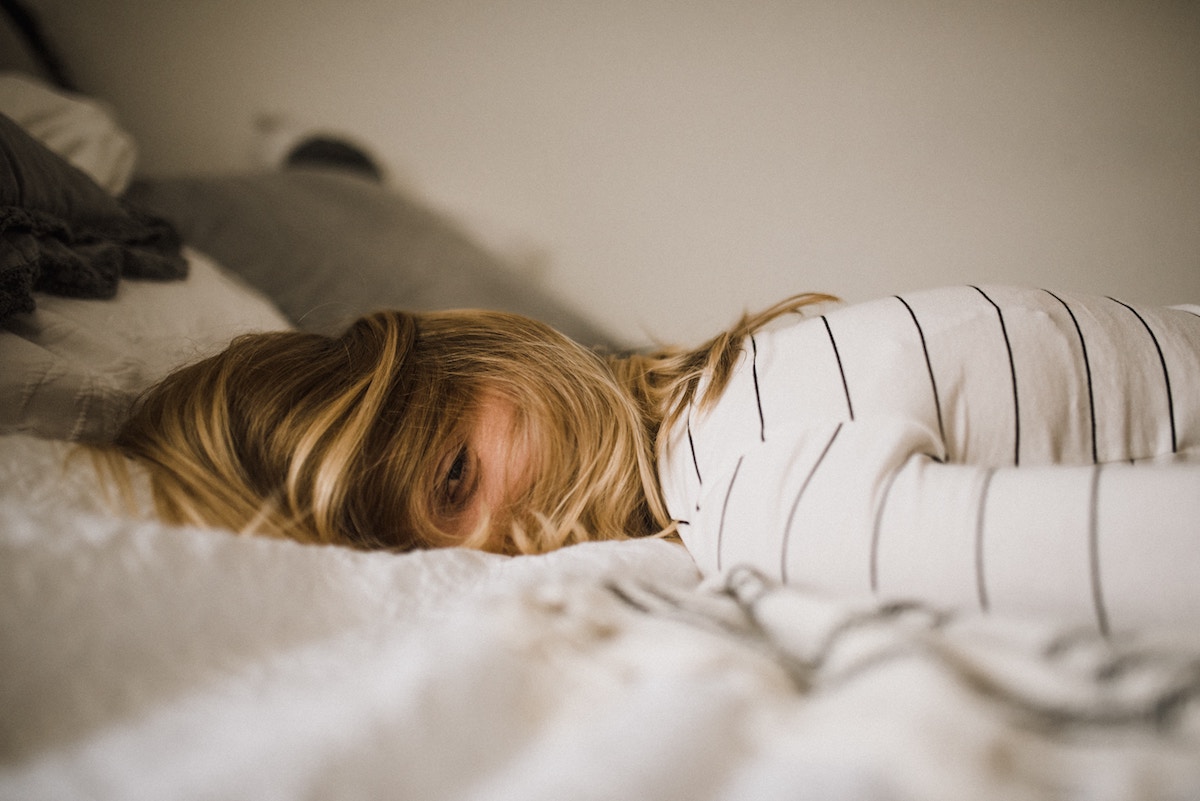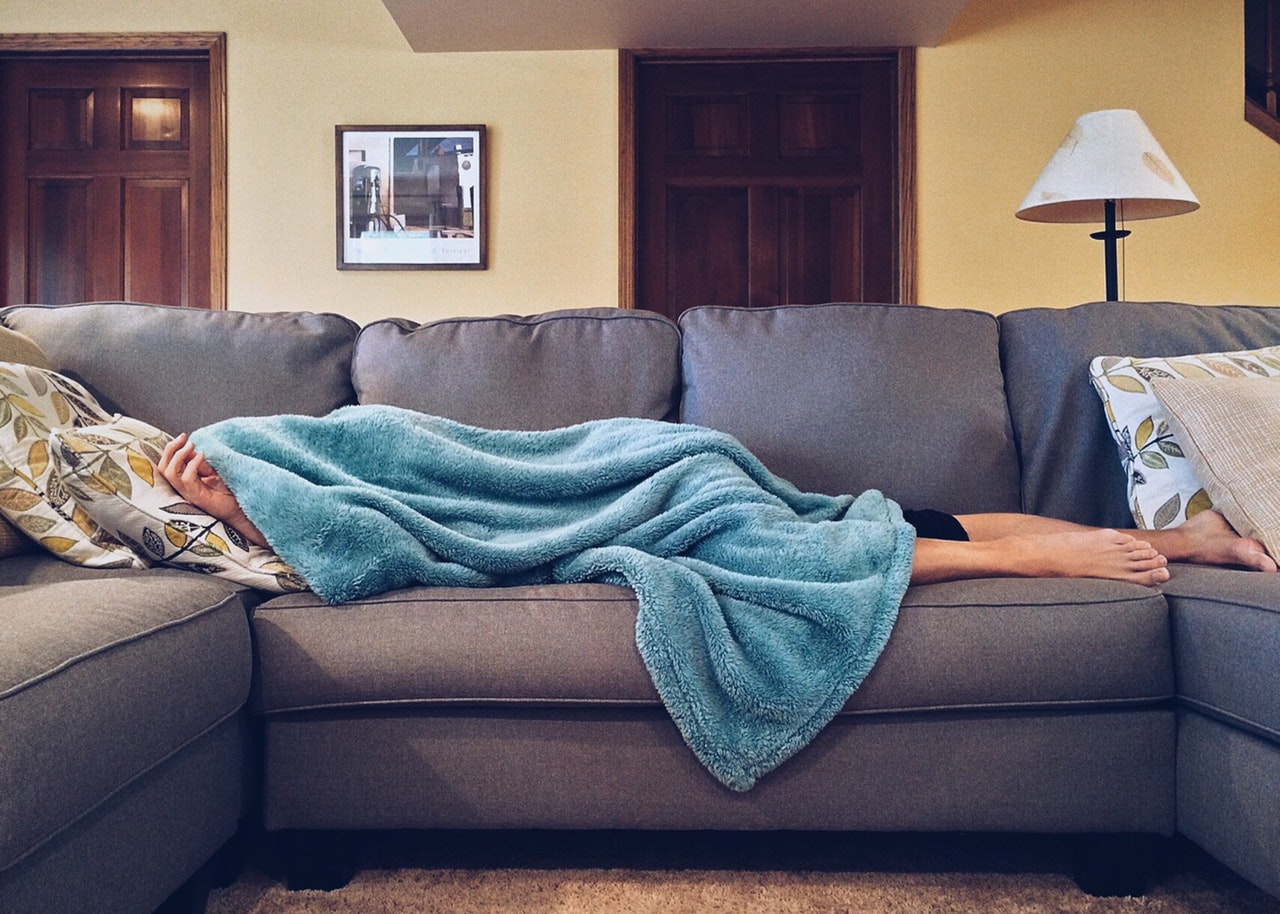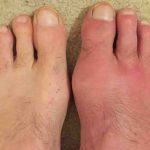Sleep apnea affects many people. The sleeping disorder is potentially dangerous but commonly overlooked as such. It is characterized by periodic suspension in breathing at night when one is sleeping. Breathing usually starts and stops repeatedly. One of the most common sign is snoring.
The disorder comes in two forms namely central and obstructive sleep apnea which tend to have overlapping symptoms. Obstructive sleep apnea is characterized by throat muscles relaxing when a person is sleeping. Central sleep apnea is characterized by the brain failing to send signals responsible for breathing for a certain period. The two forms can affect one person. In such a case, the sleep apnea form is called complex sleep apnea.
As mentioned above, sleep apnea can be dangerous. The disorder also comes with a variety of symptoms. The causes vary depending on the form. Obstructive sleep apnea compromises normal breathing. When this happens, the brain sends signals to wake you up from sleep. Breathing is also stopped periodically with central sleep apnea. Sufferers usually wake up short of breath several times at night.
Insomnia

Sleep apnea is known to cause insomnia which is an inability to sleep during the night. Although a person who is exhausted and hasn’t gotten good sleep for a day or more might be the best candidate for sound sleep, most individuals with sleep apnea have trouble sleeping regardless of how tired they are.
The reason why individuals with sleep apnea have insomnia is because the stress generated from interrupted or shortened breathing is too much to allow sound sleep. As a sleep apnea sufferer attempts to sleep, their brain starts racing resulting in stress. This usually happens every time a person wakes up because of breathing difficulties.
More from Things Health
-
The 8 Most Common (And Terrible) Sleep Disorders
After a long day, there is nothing better than getting into bed for a good night’s rest. However, according to the most recent Sleep Index…
-
The Most Common Symptoms of Fibromyalgia
Fibromyalgia affects almost six million Americans. It is a pain disorder that influences the musculoskeletal system and alters the way that pain is processed by…
-
Symptoms Of Ovarian Cancer
Ovarian cancer is often referred to as a quiet disease as it usually isn't discovered until it is in the advanced phases. In nearly all…
-
Symptoms of Gout
Gout is a form of inflammatory arthritis characterized by recurrent attacks of a red, tender, hot, and swollen joint. Pain typically comes on rapidly in…
-
The Most Common Causes of Atrial Fibrillation
Atrial fibrillation, Afib, is an abnormal heart rhythm, also known as an arrhythmia. Atrial fibrillation is described as rapid and irregular beating of the atrium,…


















